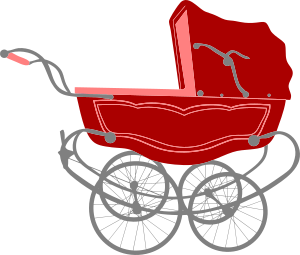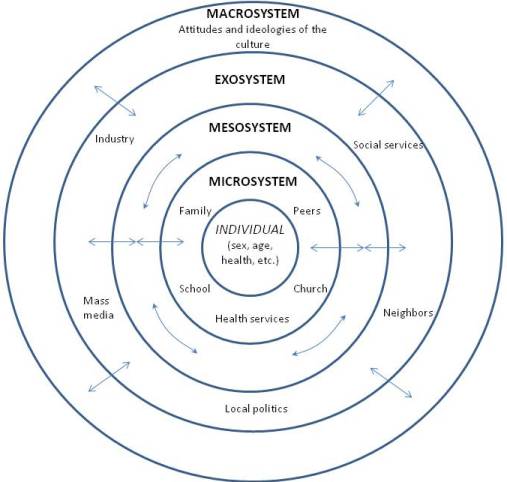Back • Return Home
Childcare & Parenting
This article is still being written...
Rough Outline
"Baby-Proofing" The Home
Holding
Feeding & Burping
Changing A Diaper
Pacifying/Calming
"Potty Training"
Learning To Walk
Childhood Nutrition
Psychology of Parenting
Making Baby Clothes and Toys
+ Describe most effective ways to deliever the nutrients pregnant women need a higher intake of (e.g.: calcium).
+ Go through stages of development (both physiological and psychological) throughout pregnancy and childhood. Describe developmental milestones and use them as guideposts for how methods of parenting adapt as a child grows.
+ Talk about breastfeeding. Note how breastmilk has a variety of health benefits for a baby, but is not always possible (e.g.: it can contain drug residues if the mother is taking medications). Cover The Thomson Method of Breastfeeding [Content Warning: Nudity] Talk about the composition of baby formula. Give formula recipes, and relate them to Weston Price's work on the links between nutrition and bodily development.
+ Show how one can understand cries of newborns with Dunstan Baby Langauge and then transition to the use of Baby Sign as they get slightly older.
+ Talk about the parent's role in the physiological development of their child (e.g.: Foundation Training for Infants).
Misc. Resources and References
• Wikipedia - The Continuum Concept
• The Continuum Concept
• Jean Liedloff Interview
To quote the work of Haim Ginott:
The following serve to illustrate Dr. Ginott's communications approach.
• Never deny or ignore a child's feelings.
• Only the behavior is treated as unacceptable, never the child.
• Depersonalize negative interactions by mentioning only the problem. "I see a messy room."
• Attach rules to things, e.g., "Little sisters are not for hitting."
• Dependence breeds hostility. Let children do for themselves what they can.
• Children need to learn to choose, but within the safety of limits. "Would you like to wear this blue shirt or this red one?"
• Limit criticism to a specific event - don't say "never", "always", as in: "You never listen," "You always manage to spill things", etc.
• Refrain from using words that you would not want the child to repeat.
• Ignore irrelevant behavior
Education (Cultivating a desire for self-motivated learning)
From A Short Bio of W.J. Sidis by Adam Alonzi:
With blocks Boris would spell out words for William. At 8 months William learned how feed himself; at 18 months he was reading the New York Times and knew how to spell many English words. It was believed that Boris pushed his son incessantly, but nothing was farther from the truth. [...] Sarah Sidis put the method in writing:
• Avoid punishment in all ways possible - it is the first cause of fear.
• Try not to say "Don't." Instead, explain why what you say is so.
• Awaken curiosity - it is the key to learning.
• Never fail to answer and never put off your child's questions.
• Never force your child to learn nor judge his ability to learn by adult standards.
• Implant ideas at bedtime, just before sleep. Suggestions made then will make a solid impression.
• Never lie to your child or use evasions.
• Refrain from showing him off.
To quote his mother, Sarah Sidis:
It has been written that Boris 'laid down a course of study for him in infancy.' Nothing could be sillier. We tried to cultivate his curiosity on all subjects, and when he asked to answer fully, and to lead him to a greater curiosity so that he would go and find out for himself. But we never tried to push him an inch along any mental path in which he was not interested.
Wholesome, Educational Children's Entertainment:
• Ms. Rachel
• Barney + Friends [Playlist, Channel]
• Mr. Roger's Neighborhood
• The Busy World of Richard Scarry
• PBS Kids
Variety of Influences On Development
Urie Bronfenbrenner's Ecological Systems Theory:
[Photo Credit: Hchokr]
• Trust-Based Relational Intervention (TBRI): A Systemic Approach to Complex Developmental Trauma
• The Lasting Impact of Neglect
Interesting & Obscure
• Pre-Birth Experiences
• Basic Perinatal Matrices (of Psychodynamic Psychology)
• Microchimerism between Mother and Child
• Primal Therapy


